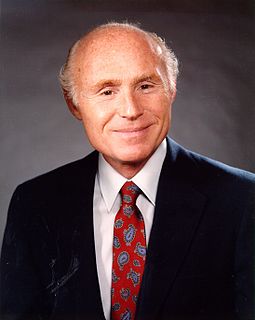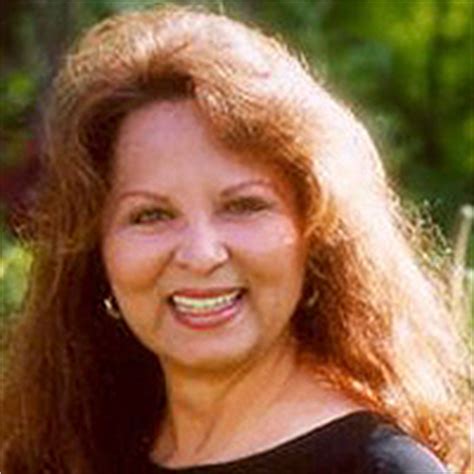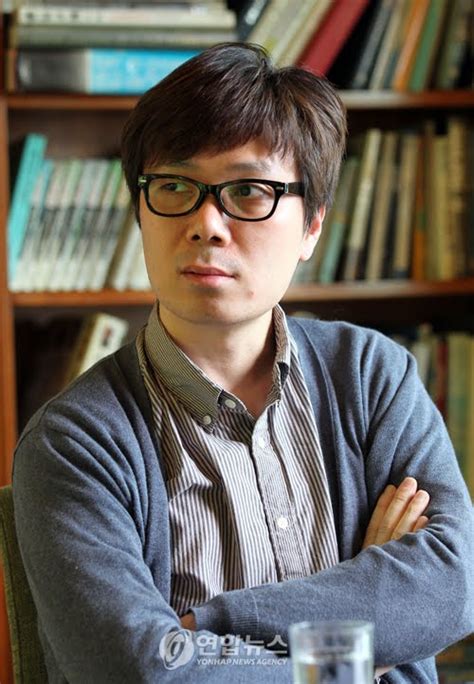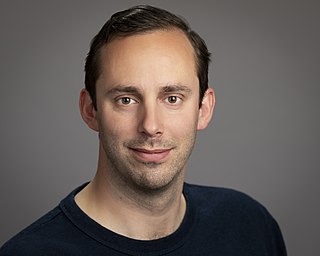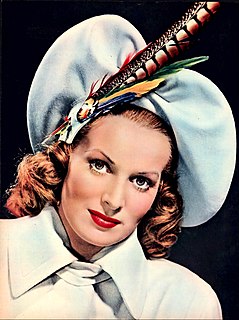A Quote by Steve Allen
The fundamentalist believer is mostly a weird intellectual who often lacks real faith altogether. As a self-appointed attorney for God, who is in no need of attorneys, he very easily turns out to be more godless than the agnostic and the unbeliever. At all events, he seems deaf to poetry.
Related Quotes
Judicial excellence requires an understanding that the law is more than an intellectual game and more than a mental exercise. He or she must recognize that real people with real problems are affected by the decisions rendered by the court. Justice, after all, may be blind, but it should not be deaf.
A very real barrier to faith is this feeling of self-sufficiency, this unrealistic idea that one can accomplish everything by his or her own self. Some people have the conviction they must do it all alone. They have no faith in others. . . they are convinced that there is no one able to do the job as well as themselves. They refuse to admit that they may need the help of friends, doctor, minister, or even God.
Is it not remarkable that the common repute which we all give to attorneys in the general is exactly opposite to that which every man gives to his own attorney in particular? Whom does anybody trust so implicitly as he trusts his own attorney? And yet is it not the case that the body of attorneys is supposed to be the most roguish body in existence?
I still don't like the word agnostic. It's too fancy. I'm simply not a believer. But, as simple as this notion is, it confuses some people. Someone wrote a Wikipedia entry about me, identifying me as an atheist because I'd said in a book I wrote that I wasn't a believer. I guess in a world uncomfortable with uncertainty, an unbeliever must be an atheist, and possibly an infidel. This gets us back to that most pressing of human questions: why do people worry so much about other people's holding beliefs other than their own?
It often seems easier not to move on; even the muck and mire in which we're stuck seems less fearful and less challenging than the unknown path ahead. Some people use faith as a reason to remain stuck. They often say, "I have faith, so I'm waiting." But faith is not complacent; faith is action. You don't have faith and wait. When you have faith, you move. Complacency actually shows lack of faith. When it's time to move in a new direction in order to progress, the right people will come to us.

